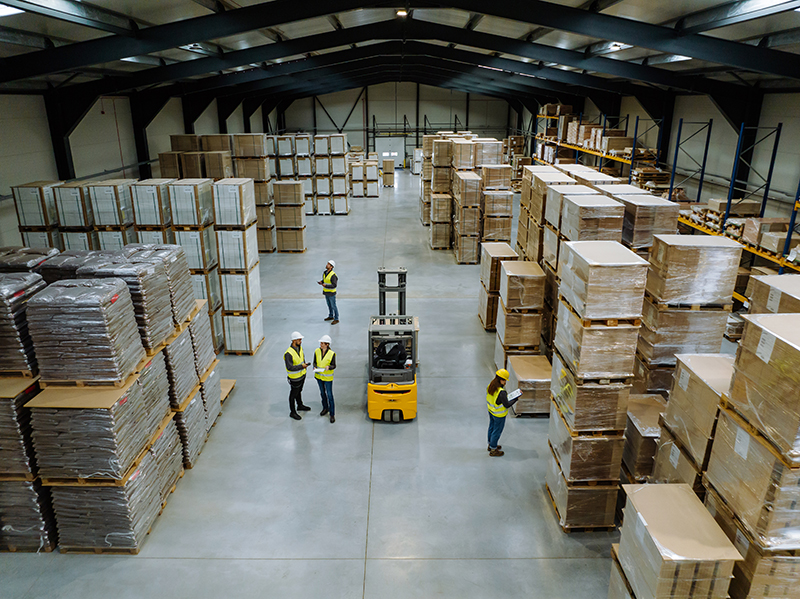Warehouses are the unsung heroes of industry, playing a crucial role in ensuring the efficient flow of goods and facilitating smooth operations in the supply chain. Understanding the different types of warehouses is vital for businesses aiming to optimize their logistics processes. In this article, we’ll explore the various types of warehouses, their functions, and their importance in modern commerce.
Warehouse Types
Warehouses, often seen as the backbone of logistics, have evolved to accommodate a variety of products and serve different purposes. Understanding the types of warehouses can significantly enhance your operations, helping you make informed decisions that drive your business success.
1. Public Warehouses
Public warehouses are third-party facilities that provide storage and distribution services to multiple clients. These warehouses are ideal for businesses seeking flexible, cost-effective storage without the commitment of owning or leasing a facility. They’re perfect for startups and growing businesses.
2. Private Warehouses
Private warehouses are owned and operated by individual companies, offering complete control over their storage and distribution. They are typically used by larger businesses with consistent inventory levels and the need for customized solutions.
3. Distribution Centers
Distribution centers are specialized warehouses designed for the rapid movement of goods. They act as intermediaries between manufacturers and retailers, optimizing sorting, storage, and shipping operations to minimize delivery times and transportation costs.
4. Fulfillment Centers
Fulfillment centers are integral to e-commerce operations, handling the picking, packing, and shipping of online orders. These warehouses ensure fast, accurate delivery, making them essential for businesses focused on e-commerce.
5. Cold Storage Warehouses
Cold storage warehouses are crucial for businesses dealing with perishable goods. These temperature-controlled facilities store items like food, pharmaceuticals, and flowers, preserving their quality and extending their shelf life.
6. Automated Warehouses
Automated warehouses use robotics, conveyors, and advanced software to optimize storage and fulfillment processes. They improve accuracy, reduce labor costs, and increase efficiency, making them ideal for businesses looking to streamline their operations.
7. Cross-Docking Warehouses
Cross-docking warehouses facilitate the quick transfer of goods from inbound trucks to outbound vehicles with minimal or no storage. They are widely used in industries that require fast delivery and minimal inventory holding.
8. Bulk Storage Warehouses
Bulk storage warehouses are designed for handling large quantities of raw materials or oversized products. These warehouses are commonly used in industries like manufacturing and agriculture, offering ample space for large-scale storage.
9. Hazmat Warehouses
Hazmat warehouses specialize in storing hazardous materials. They are equipped with safety measures and comply with strict regulations to ensure the safe handling and storage of dangerous substances.
10. Retail Warehouses
Retail warehouses store products that are ready for distribution to retail stores. They play a critical role in maintaining stock levels and ensuring that retail shelves are consistently replenished to meet consumer demand.
There are many warehouse types, so which one is right for my business?
Need help figuring out which warehouse type is best for optimizing logistics in your business? Get assistance from Lean Material Handling.
